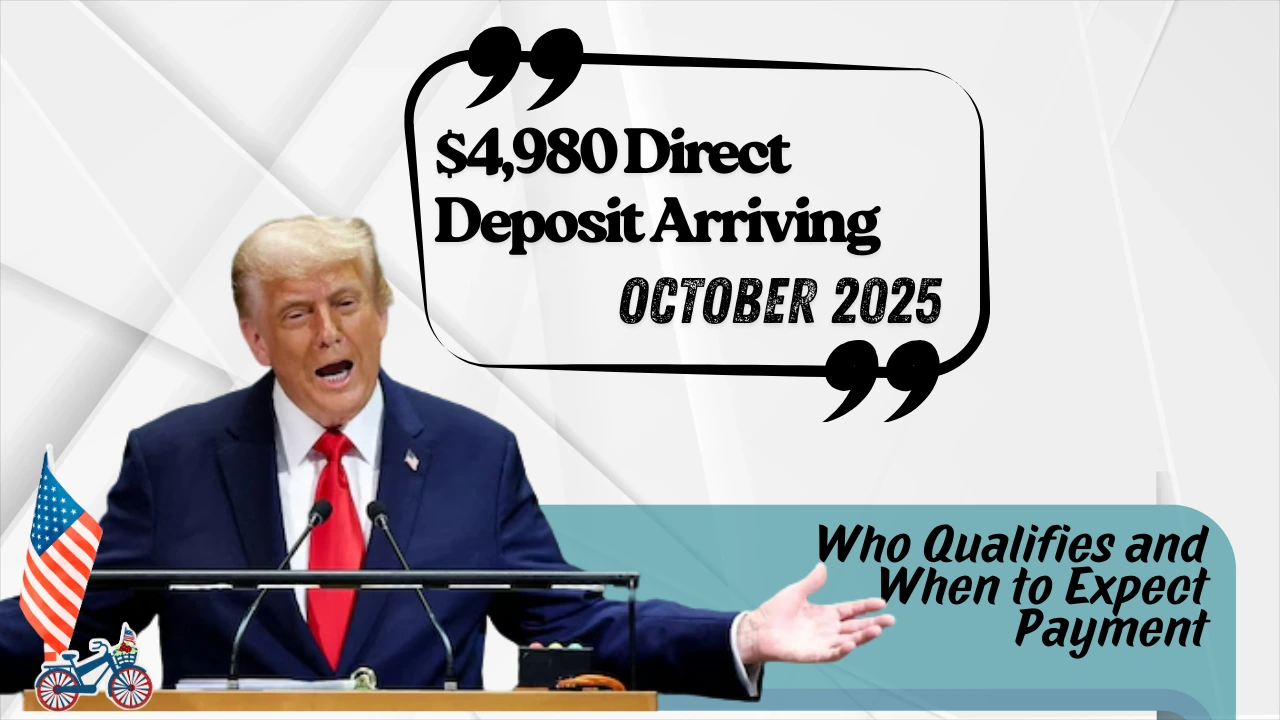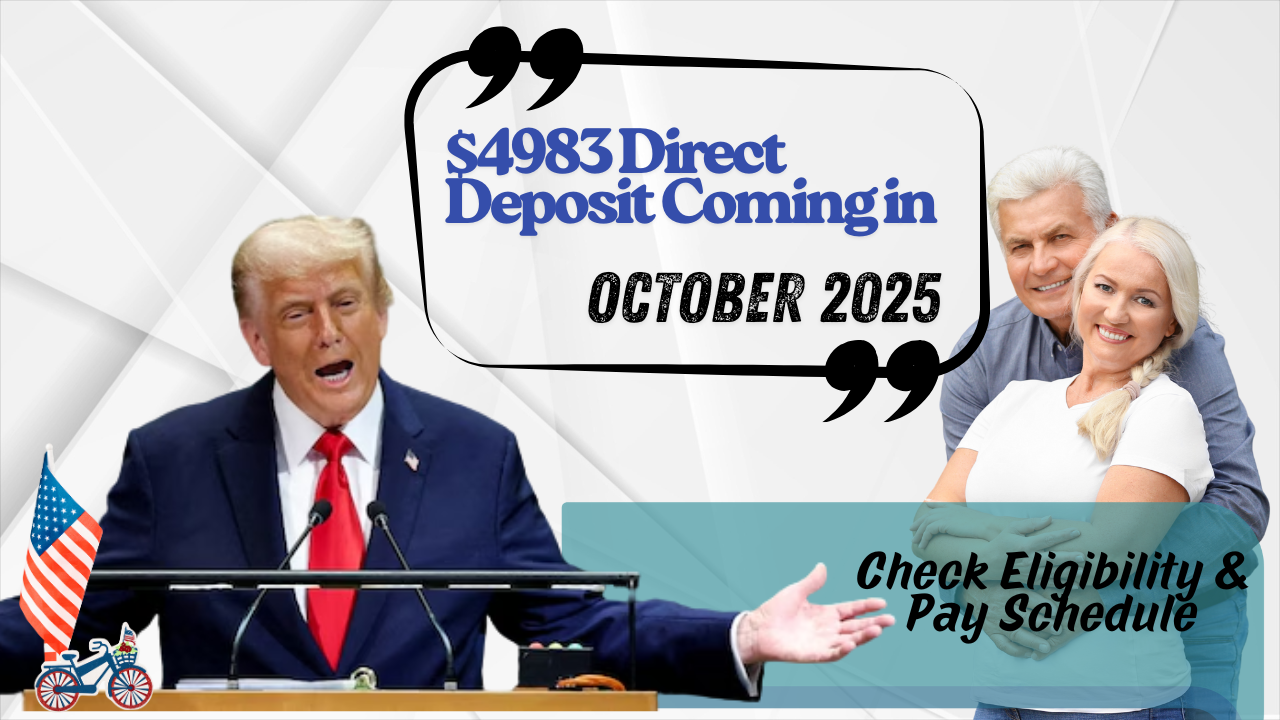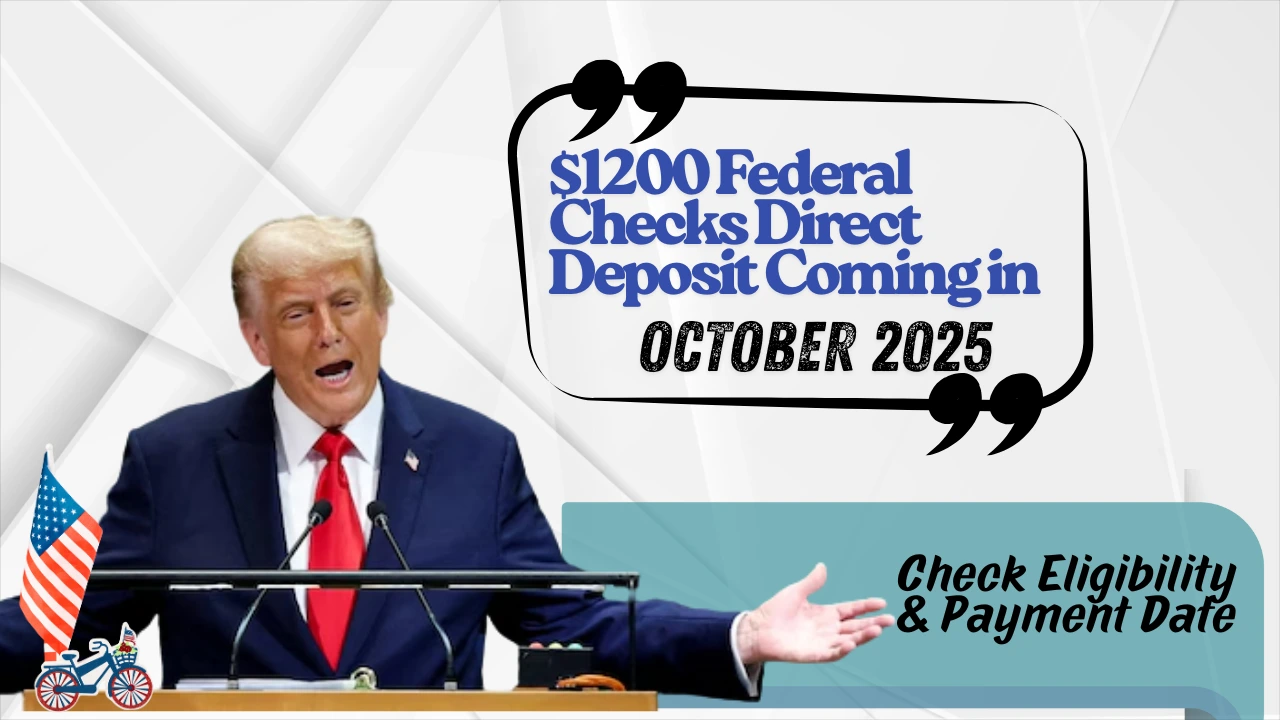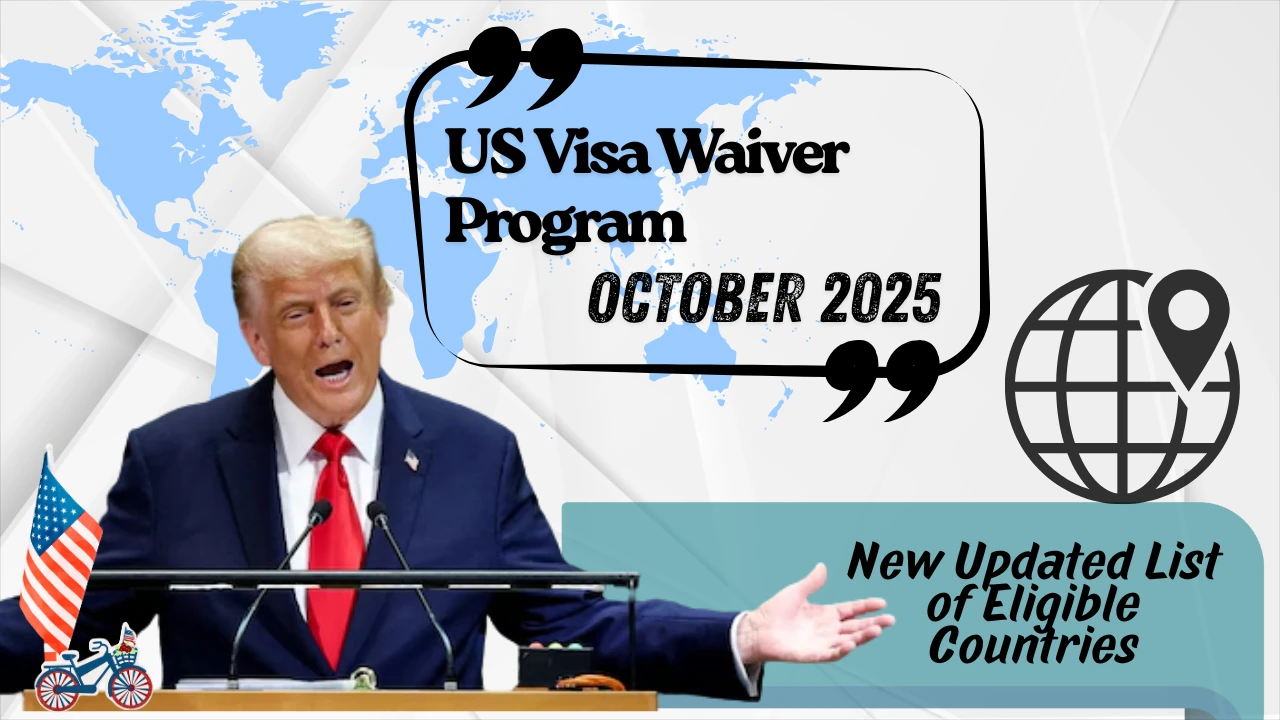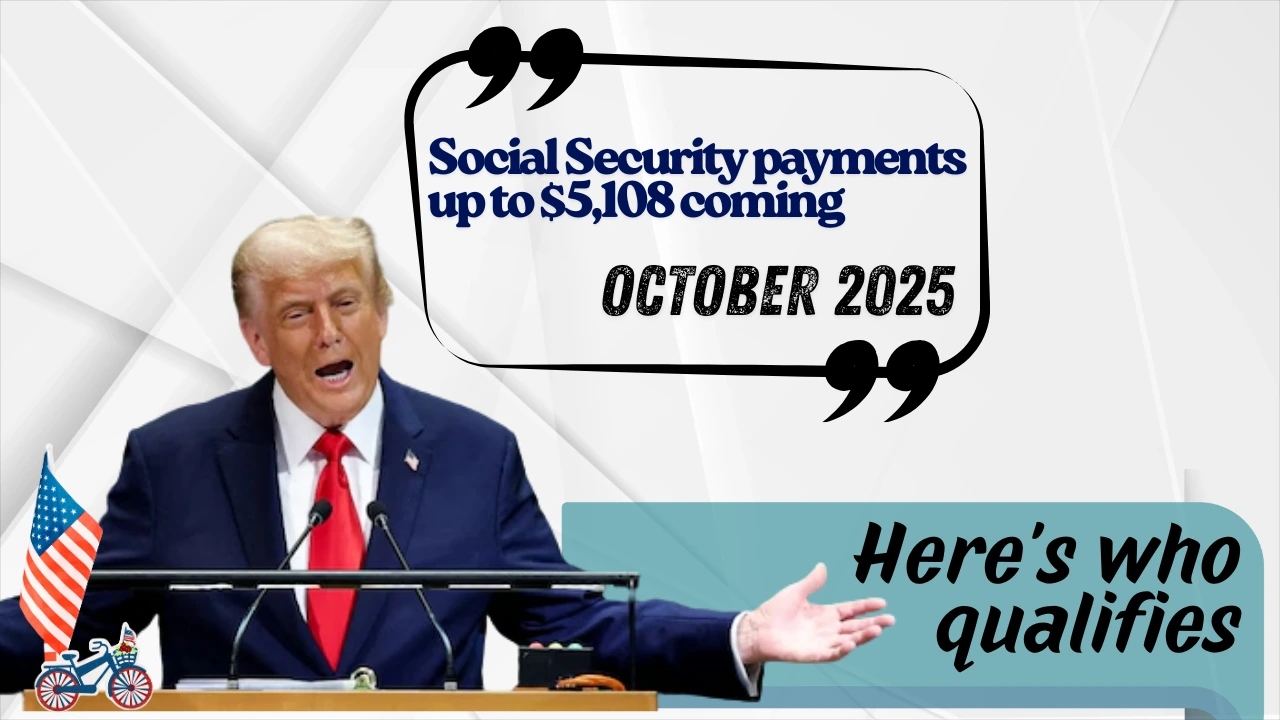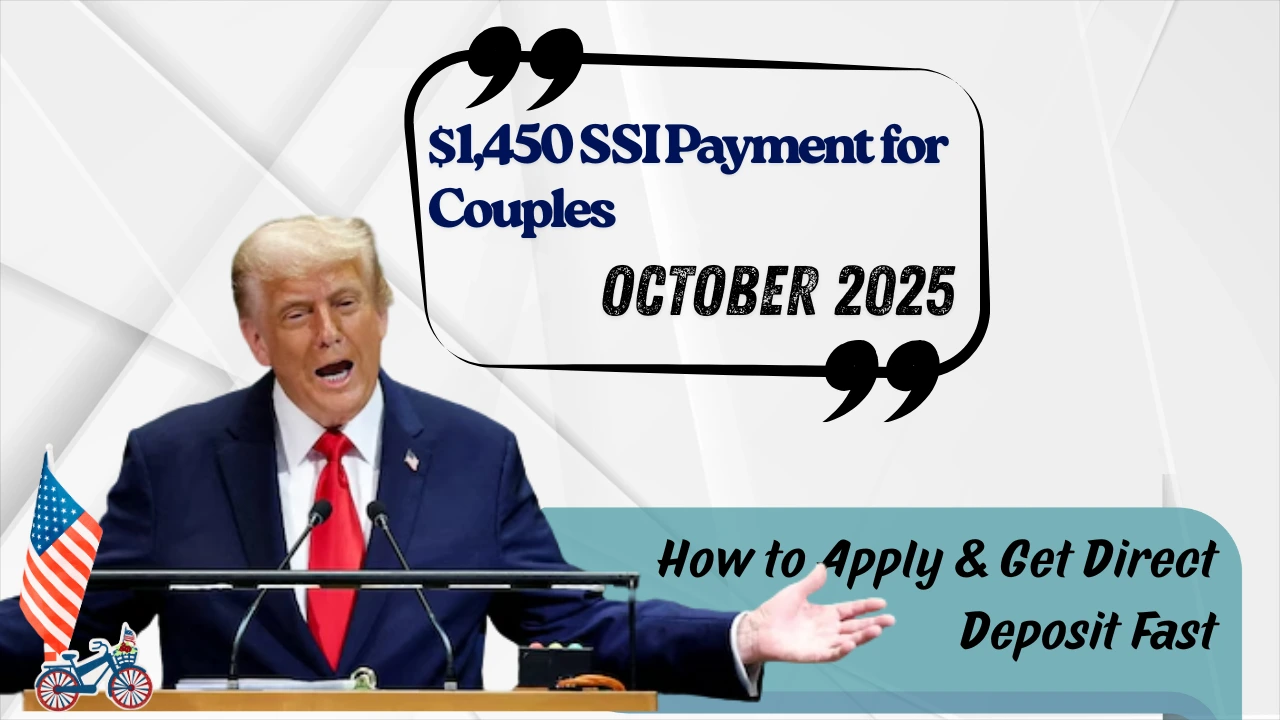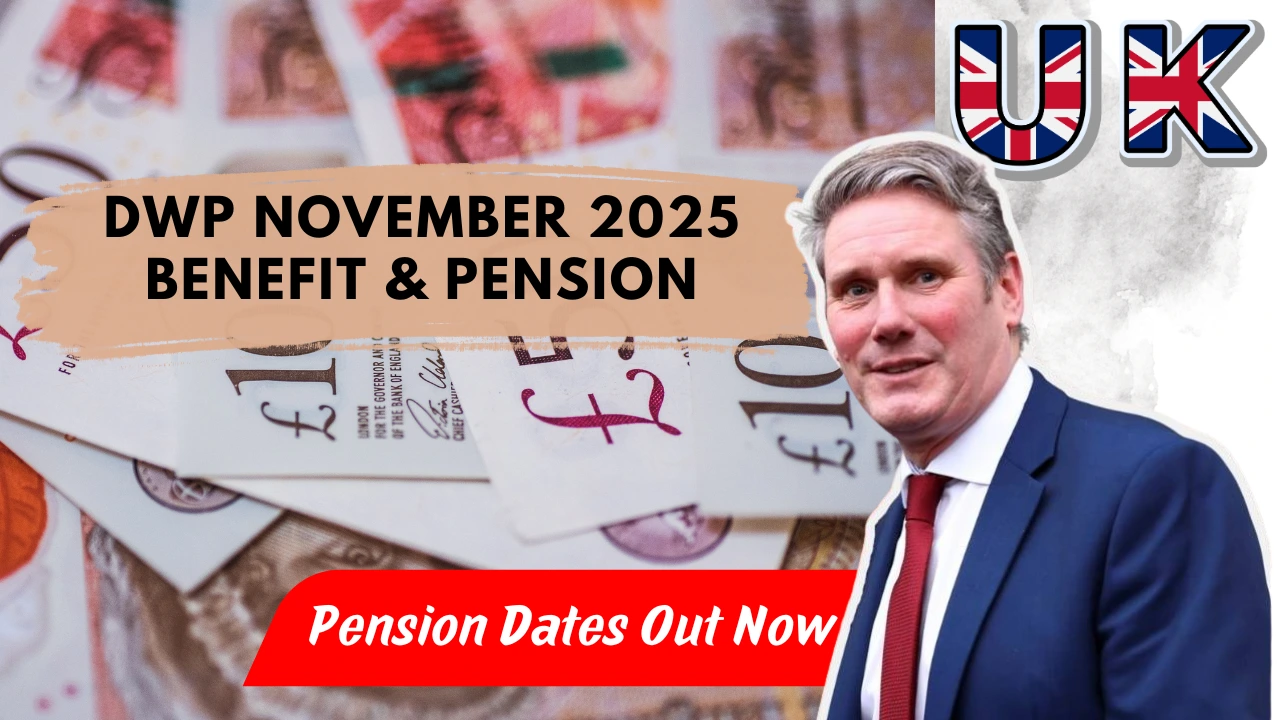$4,980 Direct Deposit Arriving in October 2025.As the cost of essentials keeps climbing, many Americans are eagerly watching for signs of relief. One of the most talked-about initiatives for late 2025 is a proposed $4,980 direct deposit set to land in October.
This payment aims to provide targeted financial support to households struggling with inflation, medical bills, rent, and other pressing expenses. But questions swirl: Who is eligible? When will the money arrive? And what must one do (if anything) to make sure they receive it? In this blog, we’ll break down all the available information in clear terms: what’s confirmed, what’s speculative, and what steps you should take now.
$4,980 Direct Deposit Arriving in October 2025-Overview
| Article on | $4,980 Direct Deposit Arriving in October 2025 – Who Qualifies and When to Expect Payment |
| Payment Amount | $4,980 one-time direct deposit |
| Arrival Date | Mid to late October 2025 |
| Who Qualifies | Social Security, SSI, SSDI, VA recipients & low-income earners |
| Application Needed | No – automatic for eligible individuals |
| Tax Impact | Non-taxable, won’t reduce benefits |
The $4,980 Direct Deposit: What Is It?
This $4,980 direct deposit is a federal relief effort intended to assist low- and moderate-income Americans dealing with financial stress in 2025. Rather than being a broad, universal payout like earlier stimulus checks, this round appears more targeted—focusing on people already receiving federal benefits or those whose income falls below certain thresholds.
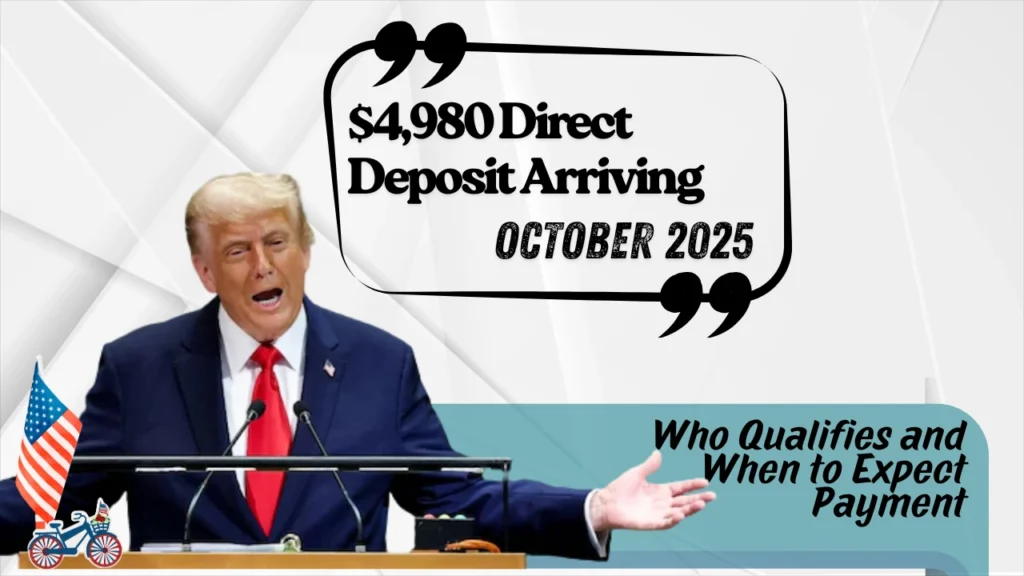
Key features (as understood so far):
- It’s a one-time payment, not a recurring benefit.
- The funds will be delivered via direct deposit for most eligible individuals.
- It is meant to supplement, not replace, other government benefits.
- The payment is non-taxable (i.e. recipients should not owe federal tax on it, and it should not reduce Social Security or SSI benefits).
Who Qualifies?
Eligibility is central to understanding who will receive this $4,980 deposit. While final rules may shift, the reported criteria include:
“A $4,980 boost this October could bring real relief to millions—no forms, no fees, just direct help when it’s needed most.”
1. Recipients of federal benefits
If you currently receive Social Security, Supplemental Security Income (SSI), veterans’ benefits, or disability payments, you’re likely included automatically. These systems already have your banking info on file, simplifying delivery.
2. Income thresholds
For those not already on federal benefits, you may qualify if your income falls under certain limits. Some projections suggest:
- Individuals with annual incomes under $45,000
- Couples filing jointly with incomes under $90,000
3. Recent tax filers and dependents
Filing a 2024 federal tax return seems to play a role in proving eligibility for many. Families with dependents or single filers who claimed credits or deductions may be prioritized.
4. Low-income workers, disabled, or veterans not currently on benefits
Beyond the standard categories, there’s speculation that workers with modest wages, people with disabilities not already receiving benefits, and veterans not drawing benefits might still qualify if they satisfy income and documentation criteria.
When Will the Payment Arrive?
Timing is a critical concern. Here’s the projected schedule, according to current understanding:
- Mid-October 2025: The earliest payments begin to drop into accounts.
- October 14 to October 28: Typical window for recipients of Social Security and SSI.
- October 21 to October 31: Target window for veterans and disability payments.
- October 18 to November 5: Broader window for low-income tax filers and those outside benefit programs.
What You Should Do Before October
To help ensure there are no hiccups when the payment is disbursed, here are practical steps:
Update banking and address information
If you’ve switched banks or moved recently, make sure the IRS, Social Security Administration (SSA), or Veterans Affairs has your current direct deposit account and mailing address. Mismatched or outdated info is a leading cause of delayed payments.
File your 2024 tax return (if required or beneficial)
Even if you think you’re not required to file taxes, doing so can help the federal government verify your income and eligibility. This is especially helpful for those relying on tax data to qualify.
Monitor official portals
Create or continue using your accounts on IRS.gov, SSA.gov, or VA.gov, depending on your benefits. These portals often include self-service tools or notices about benefit or stimulus payments.
Beware of scams
Because this payment is widely talked about, scammers are likely to exploit the buzz. Never give out your Social Security number, bank account, or personal details in response to unsolicited calls, emails, or texts claiming to “release your $4,980.” Government agencies will not demand personal info to send you this relief.
Why This Payment Matters
While $4,980 is not enough to resolve all financial stress, many households could use it to:
- Catch up on past-due rent or mortgage payments
- Address medical or dental bills
- Pay off utility bills or urgent repairs
- Purchase groceries, medicine, or other daily essentials
- Handle car repairs or transportation needs
Final Thoughts
The proposed $4,980 direct deposit scheduled for October 2025 represents a promising lifeline for many Americans confronting rising costs and financial strain. While the plan is still unfolding and subject to updates, the essentials are clear: if you already receive federal benefits or meet the projected income thresholds, you likely stand a strong chance of receiving this assistance automatically.
FAQs for $4,980 Direct Deposit Arriving in October 2025
What is it?
A one-time $4,980 federal relief payment coming in October 2025.
Who qualifies?
Social Security, SSI, SSDI, VA recipients and low-income taxpayers under set income limits.
When will it arrive?
Mid to late October 2025, mostly via direct deposit.
Do I need to apply?
No. Most eligible people get it automatically.
Will it affect my benefits or taxes?
No. It’s non-taxable and doesn’t reduce existing benefits.
Didn’t get it?
Check your IRS or SSA account after November 10, 2025.
